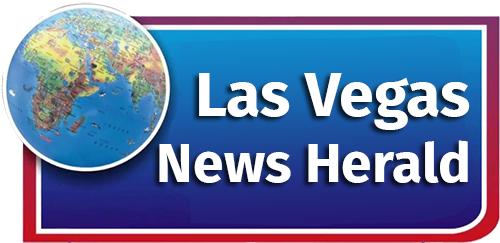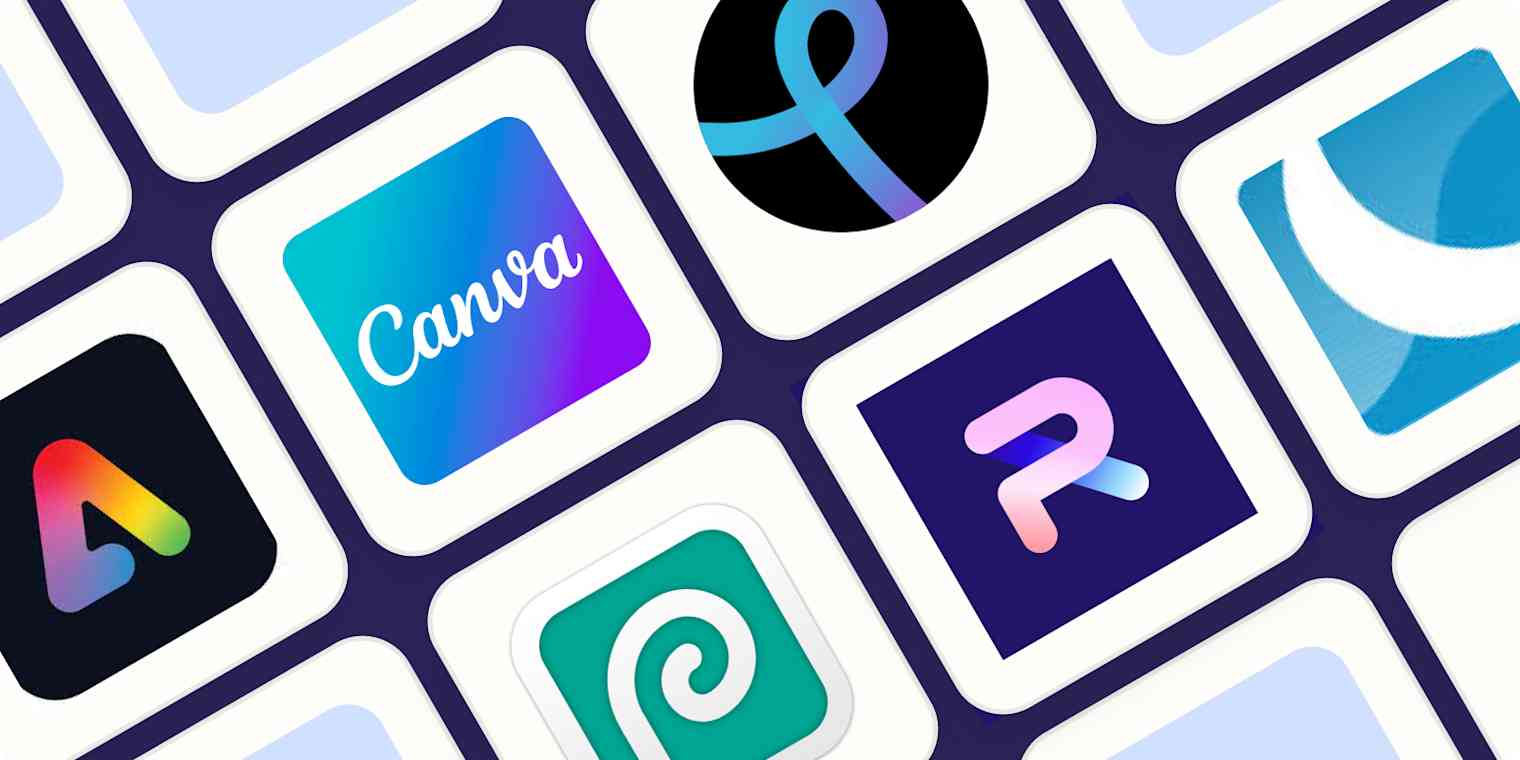10 Reasons Political Current Events Are a Waste of Time
Politics and current events dominate our news feeds, conversations, and social media platforms. It's hard to escape the constant stream of information bombarding us from every direction. While it's important to stay informed and engaged citizens, there are compelling reasons to argue that political current events can be a waste of time. In this article, we will explore ten reasons why focusing too much on political current events may not be the best use of our time and energy.
The Never-ending Cycle of Controversy
Political current events are often characterized by a never-ending cycle of controversy. From scandals to policy debates, the cycle seems to continue indefinitely. These controversies capture the attention of the media and the public, creating a constant stream of news coverage and discussions. While some controversies are crucial to address for the sake of accountability and progress, others become mere distractions.
The never-ending cycle of controversy can consume valuable time and energy without providing substantial solutions or progress. It can divert our attention from more pressing issues and prevent us from focusing on long-term solutions. Moreover, the sensationalized nature of controversy often perpetuates a culture of outrage and divisiveness, hindering constructive dialogue and collaboration.
In this fast-paced world, where information spreads rapidly, it's easy to get caught up in the whirlwind of controversy. However, it's important to remember that not every controversy deserves our undivided attention. By being selective and mindful about the controversies we engage with, we can avoid getting entangled in the never-ending cycle and focus on more meaningful endeavors.
Information Overload and Bias
In today's digital age, we are bombarded with an overwhelming amount of information, especially when it comes to political current events. The rise of social media and 24/7 news coverage has amplified this information overload. While staying informed is important, it's crucial to recognize the challenges posed by information overload and bias.
The constant influx of news and opinions can make it difficult to navigate through the noise and discern reliable information from sensationalized or biased sources. It's all too easy to fall into the trap of consuming information that aligns with our existing beliefs, reinforcing our biases and limiting our understanding of complex issues.
Moreover, the prevalence of clickbait headlines and the race to capture attention in the digital realm have led to an increase in misleading or incomplete information being shared. This further complicates the task of separating fact from fiction.
To overcome the challenges of information overload and bias, it's important to adopt a critical mindset and engage in thoughtful media consumption. Here are a few strategies to consider:
Mental and Emotional Exhaustion
Engaging with political current events can take a toll on our mental and emotional well-being. The constant exposure to divisive discussions, heated debates, and sensationalized news can lead to mental and emotional exhaustion.
The nature of political discourse often involves passionate disagreements, strong emotions, and personal attacks. Participating in or even observing these discussions can evoke feelings of anger, frustration, anxiety, and stress. The relentless exposure to negativity and conflict can drain our mental and emotional resources over time.
Moreover, the 24/7 news cycle and the ubiquity of social media platforms make it difficult to escape from political discussions. The constant bombardment of information and opinions can leave us feeling overwhelmed, anxious, and even helpless in the face of complex issues.
To mitigate mental and emotional exhaustion related to political current events, it's essential to prioritize self-care and establish boundaries. Here are some strategies to consider:
Set limits on news consumption: While staying informed is important, it's crucial to set boundaries on the amount of news we consume. Designate specific times for news updates and avoid excessive exposure to political discussions, especially before bed, to promote better sleep and mental rest.
Practice self-awareness and self-care: Pay attention to your emotional state and take breaks when needed. Engage in activities that bring you joy, such as hobbies, exercise, spending time in nature, or connecting with loved ones. Taking care of your mental and emotional well-being is essential for resilience in the face of challenging political events.
Engage in mindful practices: Mindfulness and meditation can help manage stress and promote emotional well-being. These practices encourage present-moment awareness, allowing you to observe your thoughts and emotions without judgment. Incorporating mindfulness into your routine can provide a sense of calm and perspective.
Limited Influence on Decision-Making
While it is essential to be informed about political current events, it is crucial to recognize our limited influence on decision-making processes. Spending excessive time following every twist and turn of political news does not necessarily translate into meaningful impact. Instead, we should focus on actively participating in local politics and engaging in tangible actions that can bring about change.
Negativity and Polarization
Political current events often perpetuate negativity and polarization. People tend to align themselves with specific ideologies, leading to echo chambers and a lack of open-mindedness. Constant exposure to these negative dynamics can breed cynicism and hinder constructive dialogue, making it difficult to find common ground and work towards solutions.
Time Constraints and Priorities
In today's fast-paced world, time is a precious resource. Spending excessive time on political current events can detract from other essential aspects of our lives. We have limited hours in a day, and it is crucial to prioritize our time wisely, focusing on personal growth, relationships, and pursuing our passions.
Manipulation and Propaganda
Political events are often accompanied by manipulation and propaganda. Various actors seek to shape public opinion, and it can be challenging to discern the truth from orchestrated narratives. Constantly exposing ourselves to these influences can undermine critical thinking and independent judgment.
Escaping the Echo Chamber
Immersing ourselves in political current events can trap us in an echo chamber, where we are constantly surrounded by like-minded individuals. This lack of diverse perspectives hinders our ability to see the bigger picture and inhibits intellectual growth. Stepping away from the constant news cycle allows us to broaden our horizons and engage with alternative viewpoints.
Focusing on Personal Growth
Time spent on political current events could be better utilized for personal growth. Instead of fixating on the latest political controversies, we can invest our time in learning new skills, pursuing hobbies, and developing ourselves intellectually and emotionally. Personal growth enables us to become well-rounded individuals capable of making a meaningful impact in various aspects of life.
Exploring Other Areas of Interest
Constantly being immersed in political current events restricts our exposure to other areas of interest. There is a vast world beyond politics, filled with art, literature, science, and countless other subjects. By diversifying our interests, we open ourselves up to new perspectives, ideas, and opportunities for personal fulfillment.
Conclusion
While it is crucial to stay informed and engaged citizens, it is equally important to recognize the drawbacks of becoming consumed by political current events. The never-ending cycle of controversy, information overload, mental and emotional exhaustion, limited influence on decision-making, negativity, and polarization are all reasons why excessive focus on politics can be a waste of time. It is essential to find a balance, prioritize our time wisely, and focus on personal growth and well-being.

.jpg)







 English (US) ·
English (US) ·